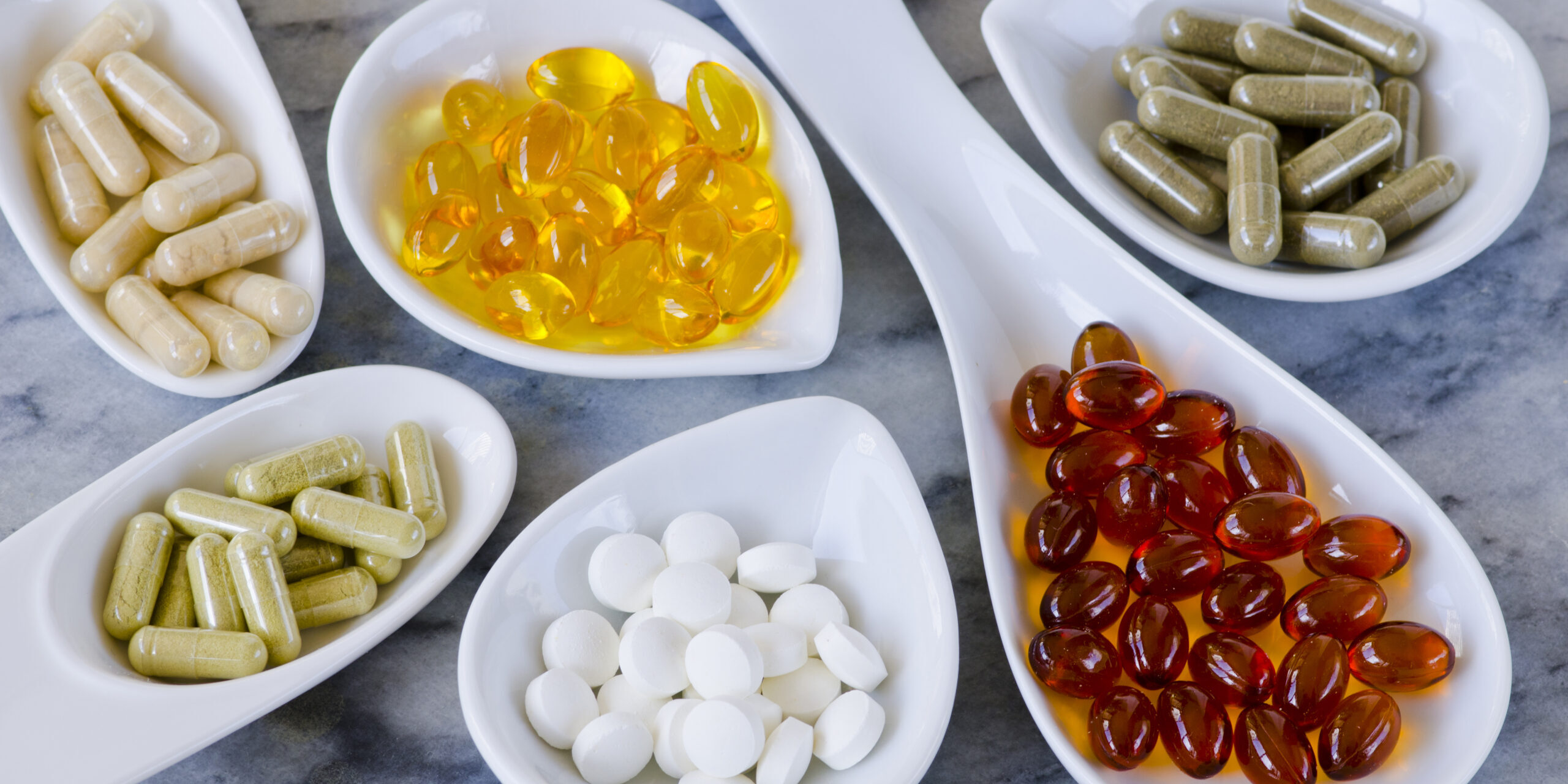Best Fertility Supplements: What to Take (And Why)
A common question in fertility consultations is, “Which supplements should I take?” While a balanced diet covers most nutritional needs, some individuals require supplements due to deficiencies, dietary restrictions, or absorption issues.
For those trying to conceive, certain supplements can support reproductive health. Below, we break down the most recommended options—backed by science—and key considerations before starting any regimen.
Top Fertility Supplements to Consider
1. Folic Acid (Vitamin B9)
Why it’s important:
-
Essential for women of reproductive age.
-
Reduces the risk of neural tube defects (brain and spinal cord malformations) in babies.
Recommended dose: At least 400 mcg daily (some experts suggest 800 mcg for higher-risk cases).
2. Iron (Ferrous Iron)
Why it’s important:
-
Iron deficiency is common, especially in women with heavy periods, frequent pregnancies, or poor dietary intake.
-
Can lead to iron-deficiency anemia, impacting fertility and energy levels.
Sources & dosage:
-
Eat iron-rich foods (red meat, spinach, lentils).
-
Supplement with 30 mg of elemental iron daily if deficient.
3. Antioxidants (Vitamins A, C, E & Selenium)
Why they’re important:
-
Combat oxidative stress, which can damage reproductive cells.
-
Support egg and sperm quality.
Key antioxidants for fertility:
-
Vitamin A (supports embryo development)
-
Vitamin C (improves hormone balance)
-
Vitamin E (protects cells from oxidative damage)
-
Selenium (boosts sperm motility)
4. Other Key Fertility Supplements
-
Coenzyme Q10 (CoQ10) – Enhances cellular energy and egg/sperm quality.
-
Omega-3 Fatty Acids (Fish Oil) – Supports hormonal balance and reduces inflammation.
-
Magnesium & Calcium – Crucial for hormone regulation and bone health.
Important Considerations Before Taking Supplements
✔ Consult a specialist – Some supplements can interfere with medications or health conditions.
✔ Avoid unnecessary supplements – Excess intake can be harmful.
✔ Diet comes first – Supplements aren’t a substitute for a nutrient-rich diet.
Final Thoughts
While supplements can help fill nutritional gaps, a balanced diet is the foundation of fertility health. Focus on whole foods like leafy greens, lean proteins, and healthy fats, and use supplements only when needed under medical guidance.
By combining smart supplementation with a healthy lifestyle, you can optimize your fertility journey naturally.






